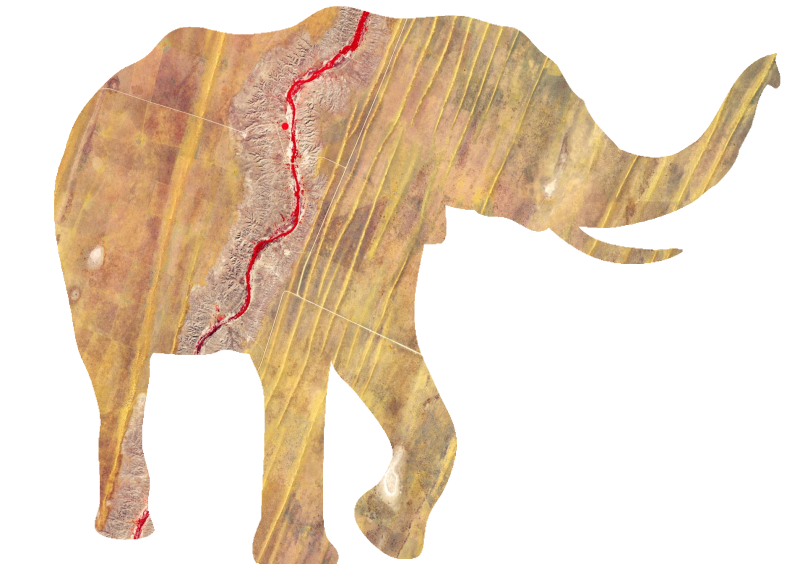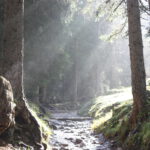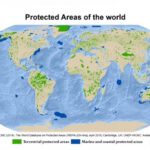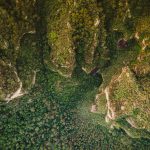Lectures, courses and Schools which focus on interdisciplinary training are increasingly offered. Remote Sensing courses and Summer Schools which specifically focus on using OpenSource software for analysing remote sensing data within Conservation and Biodiversity research are listed below:
- GeoStat: course on applying R for geospatial analysis – more infos at GeoStat-course.org
- AniMove.org: summer schools on applying remote sensing and animal movement analysis in ecology and conservation – more infos at www.animove.org
- EcoSens.org: courses and summer schools on applying remote sensing and GIS in ecology and conservation – more infos at www.ecosens.org
Regular Courses within Study Programs
GIS for Conservation
Within the Smithsonian-Mason School of Conservation a course on “GIS for Conservation” is offered (http://smconservation.gmu.edu/)
Remote Sensing in Global Change Ecology
Within the Global Change Ecology School several lectures on Remote Sensing for Biodiversity and Conservation are offered by Dr. Martin Wegmann (within the study program: http://www.global-change-ecology.org/) using mainly OpenSource software (R, GRASS, QGIS). The topics are:
- Remote Sensing Introduction
- Remote Sensing Time-Series analysis for Ecosystemservices
- Remote Sensing and Species Distribution Modelling
- Remote Sensing and Conservation Application
- Remote Sensing and Biodiversity Patterns (using hyperspectral and Lidar data)
Master of Geomatics for Environmental Management
The course-based Master of Geomatics for Environmental Management (MGEM) is designed for foresters, ecologists, conservation managers and other practitioners worldwide seeking to improve their understanding of geospatial theory, GIS and remote sensing methods, application and tools. It is a 9-month program which begins in August with a 3-week intensive and concludes the following April. (http://www.forestry.ubc.ca/students/graduate/programs/master-of-geomatics-for-environmental-management-mgem/)




